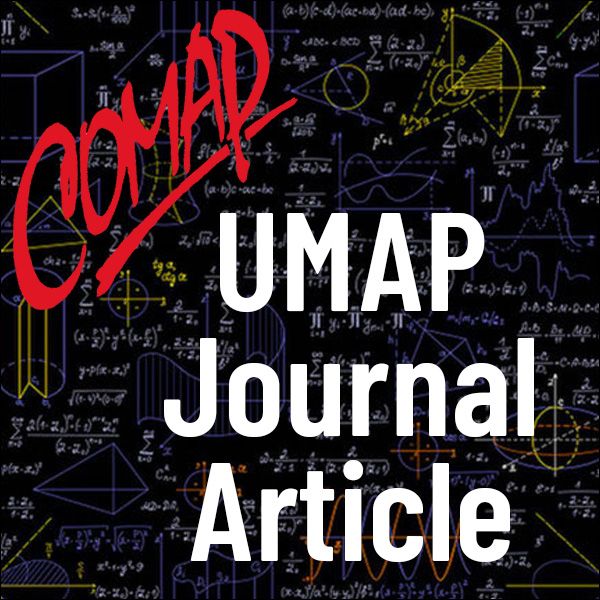What Can Partial Differential Equations Tell Us about Life?
Author: Nancy Rodriguez
Abstract
Partial differential equations were developed in the 18th century to model physical systems. Their inception has led to the continued development of a beautiful mathematical theory with an ever-increasing range of applications. In 1890, Poincar´e observed that its encompassing framework can allow us to see similarities in a wide range of physical applications. We now know that the similarities extend far beyond physical applications to other fields such as chemistry, biology, ecology, and even sociology. We provide a brief history of the applications of partial differential equations and showcase some recent works with applications in ecology and sociology.
Introduction
Our world is constantly changing in very complex ways and it is human nature to look for the factors driving these changes. From trying to understand planetary motion, dating back to 3000 BCE, to the covid pandemic that we are still living with, researchers have been working to gain insight into the fundamental mechanisms leading to change. The invention of calculus in the late 17th century was an important development, since it opened up a world of possibilities to provide mathematical frameworks for numerous dynamic complex systems.
Reflecting on our daily lives, we see that physical space, x, and time, t, are two key independent variables that affect how things change. More-over, it is often a challenge to determine a physical quantity, such as heat or population density, as a function of x and t. Instead, it is easier to postulate relations between these physical quantities and their derivatives. From these relations, we then hope to be able to determine the physical quantity in question. This is how partial differential equations enter the picture. A partial differential equation (PDE), which is a relation between an unknown

Mathematics Topics:
Application Areas:
You must have a Full Membership to download this resource.
If you're already a member, login here.